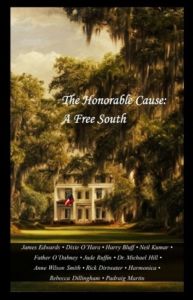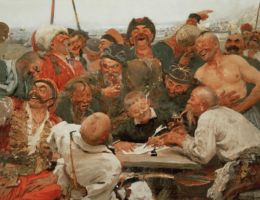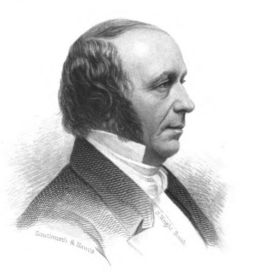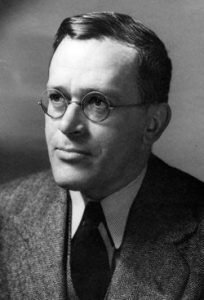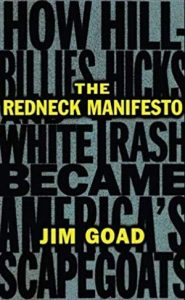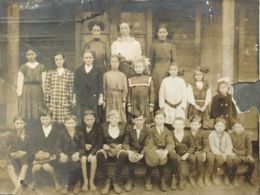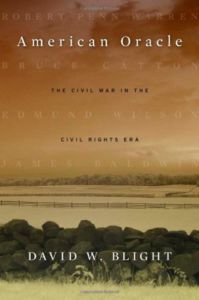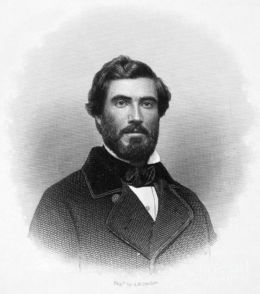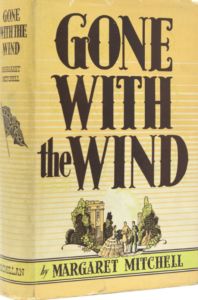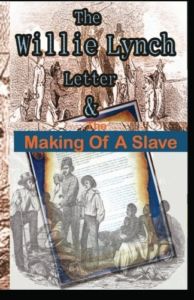Padraig Martin, ed.
The Honorable Cause: A Free South –12 Southern Essays
Self-published, 2023
In concluding his great work The Southern Tradition at Bay, which was published five years after the author’s death in 1968, Richard Weaver leaves us with some truly haunting words: “The South which entered the twentieth century had largely ceased to be a fighting South.”
Although this statement was false in a literal sense, since throughout the twentieth century the American South had provided the United States military some of its best fighting men, it was true in that these men had largely ceased fighting as Southerners. (more…)
